Neither rawboned nor ramshackle, the New York group’s elegantly composed brand of ambient country stands as tall and clean as a brand-new pair of cowboy boots.
When their self-released 2018 debut blew up—at least by ambient standards—the New York City quartet SUSS seemed to have appeared from out of nowhere, seasoned with secret history. Gray-maned and black-jacketed, they looked like the kinds of downtown art-rock trenchers who live in the depths of John Zorn liner notes, yet they sounded how a Ry Cooder film score might if heard upon waking from light medical sedation to a beautiful sunrise. In fact, their background was both more predictive and more offbeat than could have been guessed: Two of the four multi-instrumentalists, Bob Holmes and Gary Leib, had origins in Rubber Rodeo, a lively bronco in the 1980s cowpunk pen, before they galloped off into careers in cartooning and children’s shows.
As SUSS, with Jonathan Gregg and Pat Irwin, instead of chicken-frying new wave’s theatrics, they would cast the holy relics of country and bluegrass—pedal steel, mandolin, dobro, harmonica—into a sonorous desert where concepts like slow and fast and then and now become meaningless. Their music dilates the world to a high-lonesome point, a pastoral quintessence that doesn’t change so much as it gradually opens and closes, telescopes and recedes. That city boys are conjuring these mythic plains and wide Western skies makes it a double-glazed dream—the sort of outside that exists only in the cinema of the mind. They call it “ambient country,” which they claim to have pioneered.
It was savvy to embrace this term, whose “rise” was duly touted by The Guardian in a 2020 piece on SUSS, the pedal-steel experimenter Chuck Johnson, and a few others. No doubt the stifling early days of the pandemic were the perfect time for such a genre to rear its head, though it’s puzzling that no one had really tried out the framing before. After all, the distance between Brian Eno and Ennio Morricone, the two brightest lodestars of SUSS’s music, is not so great—not with the likes of Daniel Lanois already waiting patiently at the midpoint. Americana itself is full of droning instruments and atmospheric minimalism, and feeding it into ambient music’s gentle jaws is nothing new. If anyone has ever pulled off the inverse, it’s probably Richard Buckner.
So if you enter SUSS’s new, self-titled double LP primed for the revelation of a new genre hybrid, you might be let down. Much of it is more like contemporary concert music, of the adventurous yet rigorous type you’d hear at the Big Ears Festival, than either ambient or country. The sound design is sculpted, structural, and gorgeous. The music is not rawboned or ramshackle; it stands as tall and clean as a brand-new pair of cowboy boots. But it undoubtedly does brim with strikingly recontextualized country tropes, and it pulses with dolor, power, inspiration, and consolation, no matter what you call it.
If you missed the band’s first few records for Northern Spy and need a starting point, SUSS serves as a relatively foldable roadmap of everywhere they’ve been, even as it charts an unexpected new course. The double LP collects four recent digital EPs, the first of which appeared in 2021. Gary Leib passed away that year, as the initial EP took shape, and they forged on as a trio for the rest. As the hollow of a resonator guitar gathers and amplifies sound, Leib’s absence concentrates the mortal profundity already present in the music.
SUSS feels almost as if the band is replaying its brief yet busy career without him as a way to both mourn and move on. Ghost Box, the band’s twangy 2018 debut, was sunbaked and simmering, which correlates with the orange, cactus-dotted landscape of Heat Haze, the second side of the new LP. Their second album, 2020’s High Line, was set under a hissing desert moon, the same nocturnal environment in which this LP begins, with Night Suite. Third album Promise and third side Winter Was Hard are well-matched in how they extend the pastoral into the cosmic. And Across the Horizon, the final side, sounds like a digest of them all, in which SUSS solidifies itself as a trio for the next foray.
Of course, these divisions seem suspiciously neat, but it’s only human to find shapes in shadows when confronted with such a dwarfing scale. Taken as a whole, the LP’s tonal divisions are as long and liquid as day melting into night in the absence of electric light, though sharply seared leads rise and fall in Gregg’s pedal steel and Holmes’ baritone guitar. Irwin’s autoharp is a pleasure whenever it ripples across stereo space, so numinous yet so physical that you can almost reach out and touch it, feeling its ridges. That, more than anything conceptual, is the thrust of SUSS: This is weighty, enveloping music that somehow fits in the palm of your hand and the scope of your heart.

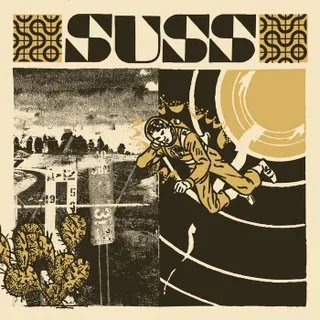






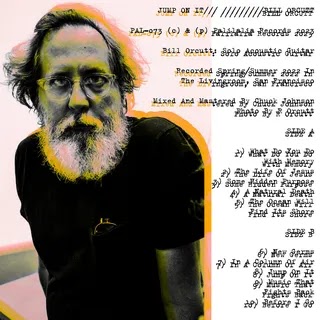
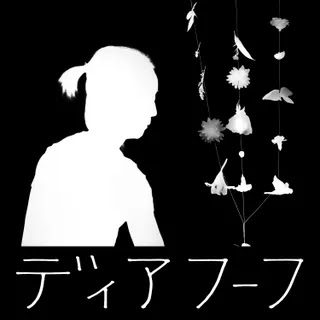
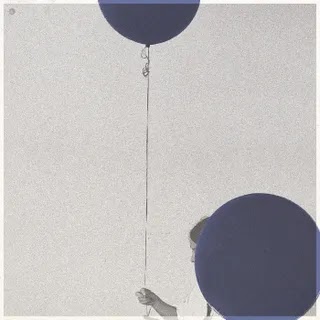



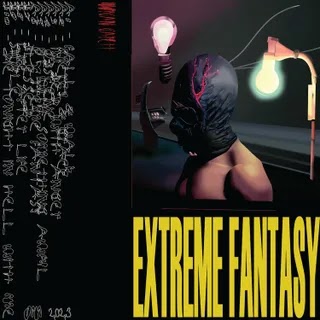

0 comments:
Post a Comment